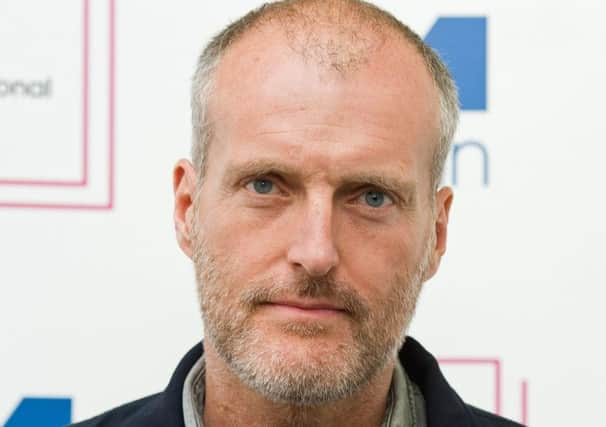Book review: The Tobacconist, by Robert Seethaler


In The Tobacconist, published in German in 2012 and available in English later this month, he relies on a similar mechanism, although in this case the period of history he concerns himself with is much shorter – the couple of years immediately before the outbreak of the Second World War – the action is confined almost entirely to Vienna, rather than being spread all around Europe, and the character at the centre of the story is a much more troubled soul.
Like Andreas, Franz Huchel is originally from the mountains, but unlike Andreas, who remains an optimist no matter what the Fates throw at him, Franz is given to sudden, dramatic mood swings. Sent to the city to work as an assistant to the tobacconist Otto Trsnyek, a man his mother says owes her a favour (“It was a hot summer that year, and we were young and foolish…”) he soon meets and falls in love with a sexually assertive Bohemian showgirl called Anezka, whose erratic behaviour leaves him exhausted, heartbroken and badly in need of some quality time on a psychiatrist’s couch.
Advertisement
Hide AdAs luck would have it, a certain Professor Sigmund Freud just so happens to be a regular customer at the tobacconist’s shop, and before long, in exchange for a couple of good cigars, Franz is receiving regular, informal therapy sessions from the father of psychoanalysis, even as the Anschluss is declared and war looms.
If that all sounds faintly ridiculous, perhaps that’s because it is, yet Seethaler makes the interactions between Franz and Freud so credible and so engaging that it doesn’t take long to get over the initial shock of incongruity.
What some readers might find more problematic is the way Franz appears to be oddly unaware of what’s happening to the Jews under Nazi rule, or at least oddly detached from it (and this in spite of his association with Freud, who is in the process of preparing to leave Vienna, and under constant surveillance from the Gestapo). At one point he laughs at a satirical music hall act referencing Dachau, “although secretly he wasn’t sure if he’d understood it all properly” – and yet he is made to read the newspapers every day by Trsnyek as part of his apprenticeship. Even his big act of rebellion against the state, when it comes, seems more personal than political, motivated by a sense of injustice at the circumstances of one particular case rather than by disgust at the brutal system that caused it.
So should we read Franz as a sort of excuse for the fact that only relatively few Austrians tried to do anything to prevent the Holocaust? An attempt to illustrate how difficult it was for the ordinary man in the street to grasp the enormity of what was happening? In fact, Seethaler is making the opposite point: at a time when many people must surely have been aware of what was going on yet chose to do nothing, he gives us a protagonist who is largely unaware of what’s going on yet still chooses to do something. Never mind whether you fully understand the politics of a situation, Seethaler seems to be saying, if your instincts tell you something is unjust, act on them. All of which makes The Tobacconist essential reading for the early years of the 21st century.
*The Tobacconist by Robert Seethaler, translated by Charlotte Collins, Picador, £18.99